THE PAST IS PRESENT
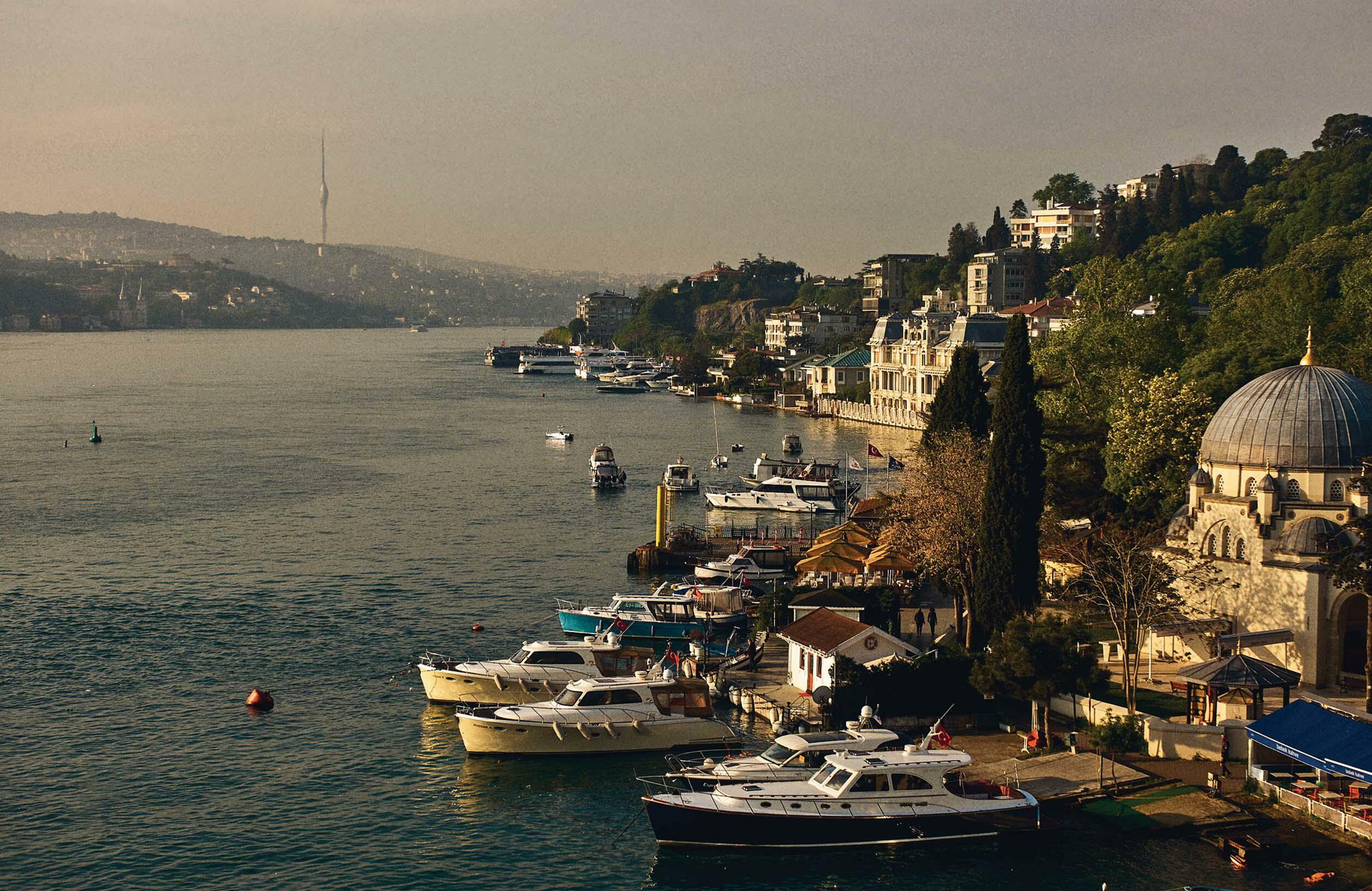
On a damp morning in Istanbul, I pay a visit to Zeyrek Çinili Hamam, a recently unveiled museum in a 500-year-old public bathhouse that once echoed with the chatter of the Ottoman middle class. Getting there involves zigzagging through the winding cobbled streets of Zeyrek, one of four UNESCO World Heritage sites in Istanbul. It was a holy place 1,000 years ago, during the Byzantine Empire, but these days it's uncharted territory for most Istanbulites. Few people are out: only the odd chain-smoking vegetable vendor and some meandering octogenarians doing their grocery shopping. The fall air smells faintly of raw meat, thanks to the butchers who have long populated the neighborhood. Trying to make sense of Google Maps on my phone, I almost collide with several men haphazardly carrying a sheep carcass from a van. I am lost. Or at least I think I am, until I realize that I've passed the hammam four or five times without noticing its domed roof.
As happens so often in Istanbul, the past is staring right at me, even when I don't see it.
My first plane flight, when I was six months old, was to Turkey. Since then, I've visited Istanbul more times than I can count. I have hazy memories of summer trips to see relatives in the 1990s: spitting watermelon seeds into the Bosphorus with my cousins; crying on a stifling August day after being stung by a bee; getting brain freeze from a cherry dondurma; listening to "Careless Whisper" playing on a taxi radio.
My father's deep connection to the country kept us returning. He grew up in the southern city of Adana, where my grandfather Danış a handsome man I know only through photographs was once the mayor. Dad left for London at 19 to train as an architect, but our family home is lined with photographs and ephemera collected by the previous generations. Now 79, he says he still dreams in Turkish.
Diese Geschichte stammt aus der September - October 2024-Ausgabe von Condé Nast Traveler US.
Starten Sie Ihre 7-tägige kostenlose Testversion von Magzter GOLD, um auf Tausende kuratierte Premium-Storys sowie über 9.500 Zeitschriften und Zeitungen zuzugreifen.
Bereits Abonnent ? Anmelden
Diese Geschichte stammt aus der September - October 2024-Ausgabe von Condé Nast Traveler US.
Starten Sie Ihre 7-tägige kostenlose Testversion von Magzter GOLD, um auf Tausende kuratierte Premium-Storys sowie über 9.500 Zeitschriften und Zeitungen zuzugreifen.
Bereits Abonnent? Anmelden
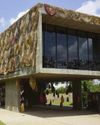
ALL ABOUT ACCRA
Artist Kwaku Yaro shares where to go for art, food, and seaside solace in Ghana's colorful capital
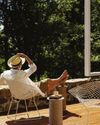
IN GOOD TASTE
An influx of fresh design energy has arrived in the modernist enclave of Litchfield, Connecticut

rising up
After years of pandemic-induced closure, Hong Kong is writing its next chapter. Francis Lam meets the artists and chefs (and one artist-chef) driving their dynamic city's latest round of reinvention
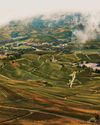
human touch
Across Northern Italy, skilled artisans are working to preserve the country's oldest traditions, from winemaking and set design to truffle hunting and textiles
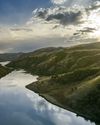
pioneer spirit
On a road trip through southern Idaho, Betsy Andrews explores the state's long human history of sanctuary seekers, renegades, and travelers looking for a fresh start

BETTER ON THE BEACH
The quiet coastal village of Pererenan offers community vibes and a hint of the old Bali

HERE COMES THE SUN
Aussie designers Nicky and Simone Zimmermann share their favorite spots in Sydney

why we travel
EXPERIENCES THAT CHANGE THE WAY WE SEE THE WORLD
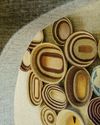
Safari at Sea
On the first sailing of ecotourism brand andBeyond's new cruise in the Galápagos, Chris Schalkx learns a lesson in conservancy
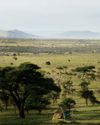
A Quiet Place
While trekking through a remote sweep of the Serengeti, Rebecca Misner learns how to live in the moment
